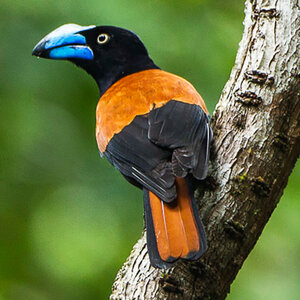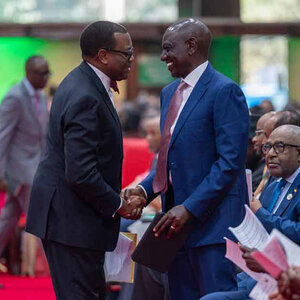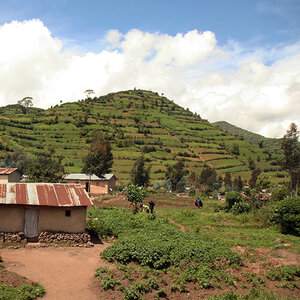Legacy Landscapes Fund commits $80 million for long-term support

The Legacy Landscapes Fund (LLF), launched in 2021 by the German government as an independent charitable foundation, has announced commitments totaling $80 million to fund a pair of long-term conservation projects in Africa.
LLF will provide $1 million each in annual support to projects in Namibia ($50 million over 50 years) and Madagascar ($30 million over 30 years) in collaboration with public and private partners to provide a source for sustained financing to conserve vulnerable habits and the animal species that depend on them and to promote climate resilience and foster equitable development in those areas.
The project in Namibia’s Skeleton Coast-Etosha region will be implemented in collaboration with the World Wildlife Fund (WWF) and Integrated Rural Development and Nature Conservation, a local NGO, in coordination with Namibia’s Ministry of Environment, Forestry, and Tourism, the Namibia Economist reports.
The funding will bolster conservation initiatives that focus on safeguarding key vulnerable fauna such as the black rhino, lion, and giraffe, alongside numerous lesser-known endemic species, while serving as a conservation bridge linking various protected areas and connecting two national parks. In addition, the project will work to designate the area as a “people’s park,” a novel conservation category that expands the formalization of community-led conservation efforts.
As part of the investment in Madagascar’s Makira-Masoala wilderness—which is among the most biodiverse areas of the island country—LLF, with $10 million in support from the UK-based Arcadia Fund, will work with the Wildlife Conservation Society (WCS) to oversee the project in the critical region, which serves as a pathway between national parks for endemic species, including lemurs, geckos, and tomato frogs, as well as birds, such as the helmet vanga. The project is being implemented in collaboration with Madagascar National Parks—a private entity that helps manage the country’s 46 national parks and reserves—as well as local governments and Indigenous organizations.
“This agreement ensures reliable and substantial management funding for a unique global treasure for the foreseeable future, with strong governance by local rights-holders,” said WCS president Monica Medina.
“With this long-term and programmatic funding model, LLF helps to contribute to requirements of the 30×30 framework,” said LLF executive director Stefanie Lang. “Conservation efforts need reliable funding and a long-term perspective.”
(Photo credit: Wikimedia/Flickr/Francesco Veronesi)








